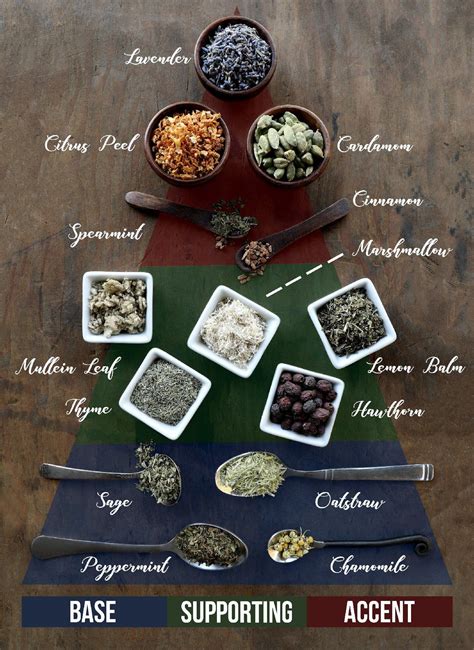How to Verify the Authenticity of Herbal Teas
What are the signs of authentic herbal tea?
With the rising popularity of herbal teas, it’s crucial to be discerning when purchasing them. There are several signs that indicate authenticity, ensuring you’re getting a quality product.
Authentic herbal teas often possess a natural, unprocessed aroma. This means the scent should be pleasant and characteristic of the herbs used, rather than artificial or overly strong.
Authentic herbal teas are made from natural, whole ingredients. Look for loose-leaf teas or tea bags that contain recognizable pieces of herbs, flowers, or fruits. Avoid teas with additives or artificial ingredients.
The packaging of authentic herbal teas should be clearly labeled and provide information about the origin and source of the ingredients. This transparency ensures accountability and allows you to trace the tea’s journey from farm to cup.
Look for certifications or seals of approval on the packaging, such as organic, Fair Trade, or non-GMO. These certifications indicate that the tea has been produced in a sustainable and ethical manner.
The color of authentic herbal tea should be consistent with the herbs used. For example, chamomile tea should have a pale yellow hue, while hibiscus tea might have a vibrant red color. Avoid teas with unnatural or overly bright colors.
Authentic herbal teas are often packaged in airtight containers to preserve their freshness and flavor. Check for packaging that protects the tea from moisture, light, and air exposure.
Authentic herbal teas should have a balanced and harmonious flavor profile that complements the herbs used. Avoid teas with an overly bitter, metallic, or chemical taste.
If you are unsure about the authenticity of a herbal tea, you can contact the manufacturer or supplier for more information. Reputable companies will be transparent about their sourcing and manufacturing practices.
In conclusion, verifying the authenticity of herbal teas requires a discerning eye and a focus on quality ingredients. By paying attention to the scent, ingredients, packaging, certifications, and taste, you can enjoy the benefits of genuine herbal teas.

How can I tell if a herbal tea is safe?
While herbal teas are generally considered safe, there are some factors to consider to ensure they are safe for consumption. Here are some tips to help you determine the safety of herbal teas:
Firstly, it’s crucial to purchase herbal teas from reputable sources. Look for brands that are known for their quality control and adhere to good manufacturing practices. Avoid buying tea from unknown or untrustworthy vendors.
Always check the packaging for a list of ingredients and make sure you understand what each ingredient is. Some herbs can interact with certain medications or have potential side effects, especially for pregnant women or individuals with underlying health conditions.
If you have any allergies or sensitivities, be extra cautious with herbal teas. Some common allergens like pollen or nuts can be found in certain herbal teas. Always read the label carefully and consult your doctor if you have any concerns.
Be aware of the recommended dosage for each herbal tea. Overconsumption of certain herbs can lead to adverse effects. It’s always best to follow the instructions on the packaging or consult with a healthcare professional.
If you experience any adverse reactions after consuming herbal tea, such as nausea, vomiting, dizziness, or allergic reactions, discontinue use immediately and seek medical attention.
Remember that herbal teas are not a substitute for conventional medicine. If you have a serious health condition, consult with a doctor before using any herbal remedy.
It’s also essential to be mindful of the potential interactions between herbal teas and medications. Some herbs can interact with certain medications and affect their efficacy or cause adverse reactions. Consult with your doctor or pharmacist to avoid any potential interactions.
In addition to the above, it’s important to be aware of the potential for contamination in herbal teas. Ensure the tea is stored properly to prevent mold or bacterial growth.
By following these tips, you can enjoy the benefits of herbal teas while ensuring their safety for consumption. Remember, it’s always wise to be cautious and consult with a healthcare professional if you have any concerns.
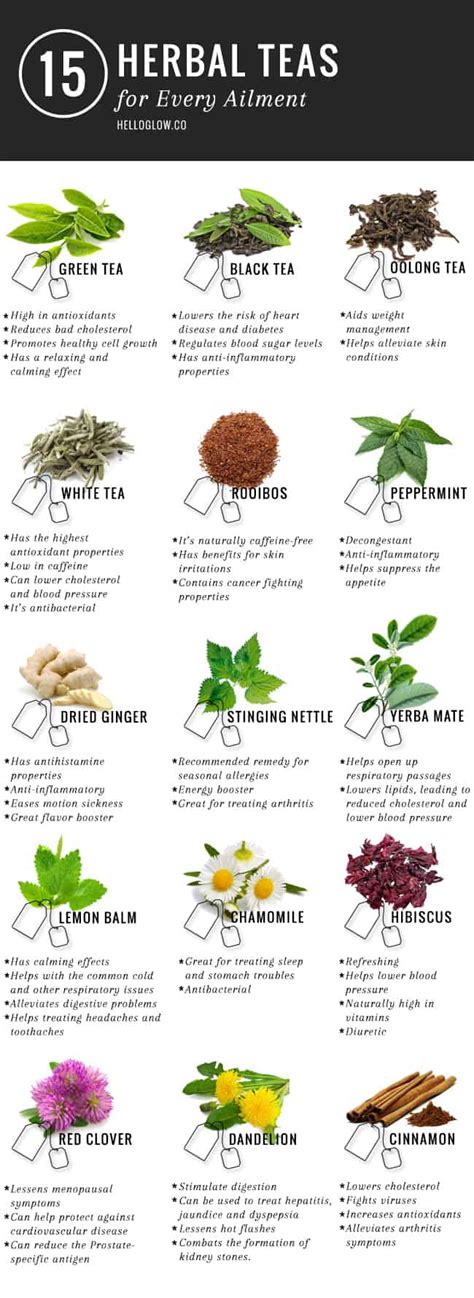
How can I verify the authenticity of a herbal tea?
Verifying the authenticity of herbal teas is essential for ensuring quality and safety. Here are some tips to help you distinguish genuine herbal teas from potentially fake or adulterated products:
Start by looking at the packaging. Authentic herbal teas are usually packaged in airtight containers to preserve freshness and prevent contamination. The packaging should be clearly labeled, providing information about the origin of the herbs, the manufacturer, and any certifications or seals of approval.
Check for certifications like organic, Fair Trade, or non-GMO. These certifications indicate that the tea has been produced in a sustainable and ethical manner, increasing the likelihood of authenticity.
Examine the ingredients list closely. Authentic herbal teas should contain only natural, recognizable ingredients like herbs, flowers, or fruits. Avoid teas with artificial additives, colors, or flavors.
Pay attention to the scent. Genuine herbal teas often have a natural, pleasant aroma that is characteristic of the herbs used. Avoid teas with artificial or overly strong scents.
The color of the tea can also be an indicator of authenticity. Authentic herbal teas should have a color that is consistent with the herbs used. For example, chamomile tea should have a pale yellow hue, while hibiscus tea might have a vibrant red color.
Taste is another important factor to consider. Authentic herbal teas should have a balanced and harmonious flavor profile that complements the herbs used. Avoid teas with an overly bitter, metallic, or chemical taste.
If you are unsure about the authenticity of a herbal tea, it’s always best to contact the manufacturer or supplier for more information. Reputable companies will be transparent about their sourcing and manufacturing practices.
You can also consult with a local herbalist or tea expert for guidance on identifying authentic herbal teas. They can provide valuable insights into the characteristics of genuine products and help you make informed choices.
By paying attention to these factors, you can increase your chances of finding and purchasing authentic herbal teas that offer the benefits and quality you desire.
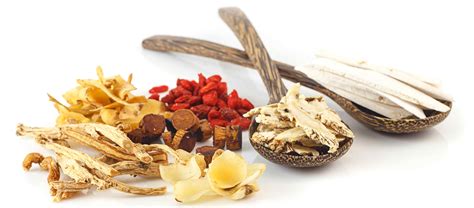
What are some common signs of adulterated herbal tea?
Adulterated herbal teas are those that have been mixed with other ingredients, often cheaper or less desirable materials, to increase profit or deceive consumers. Here are some common signs of adulterated herbal tea:
One of the most obvious signs of adulteration is the presence of artificial ingredients. This includes additives like colors, flavors, or sweeteners that are not naturally found in herbs.
Another red flag is the lack of transparency in the packaging. If the label doesn’t clearly list the ingredients, the origin of the herbs, or any certifications, it may be a sign of adulteration.
The scent of the tea can also be a giveaway. Adulterated teas often have an artificial or overly strong scent that is not characteristic of the herbs used.
The color of the tea can also be indicative of adulteration. If the color is unnatural or overly bright, it could be a sign that artificial dyes have been added.
The taste of the tea can also be a clue. Adulterated teas often have a bitter, metallic, or chemical taste that is not typical of genuine herbal teas.
If you notice any of these signs, it’s best to avoid purchasing the tea. Opt for brands that are known for their quality control and transparency in their sourcing and manufacturing processes.
It’s always a good idea to err on the side of caution and choose herbal teas that have been certified by reputable organizations like organic or Fair Trade.
Remember, adulterated herbal teas may not provide the intended benefits and could even pose health risks. It’s important to be informed and make informed choices when selecting herbal teas.
What are the benefits of drinking authentic herbal tea?
Authentic herbal teas offer a range of potential health benefits, contributing to overall well-being. These benefits stem from the natural properties of the herbs used and the absence of artificial additives or contaminants.
One of the primary benefits of authentic herbal teas is their antioxidant properties. Many herbs contain powerful antioxidants that can help protect the body from damage caused by free radicals, reducing the risk of chronic diseases.
Herbal teas can also promote relaxation and reduce stress. Some herbs, like chamomile, lavender, and valerian, have calming effects on the nervous system, helping to alleviate anxiety and promote restful sleep.
Certain herbal teas can aid in digestion and improve gut health. For example, peppermint tea can help relieve indigestion and bloating, while ginger tea can soothe nausea and aid in digestion.
Some herbal teas, like green tea, are rich in polyphenols, which have been linked to a range of health benefits, including improved cardiovascular health and reduced risk of certain types of cancer.
Herbal teas can also boost the immune system. Some herbs, like echinacea and elderberry, are known for their immune-boosting properties, helping to fight off infections and maintain overall health.
In conclusion, authentic herbal teas can offer a variety of health benefits, promoting relaxation, digestion, and overall well-being. By choosing genuine herbal teas from reputable sources, you can enjoy the benefits of these natural remedies.
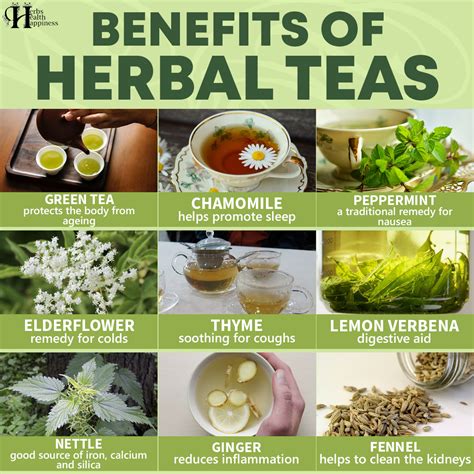
How can I identify different herbs in a tea blend?
Identifying different herbs in a tea blend can be a fun and rewarding experience, allowing you to appreciate the individual flavors and benefits of each herb. Here are some tips to help you identify the herbs in your tea blend:
Firstly, examine the tea leaves carefully. Look for recognizable pieces of herbs, flowers, or fruits. Each herb has a unique shape, color, and texture that can help you identify it.
The scent of the tea can also be a good indicator of the herbs used. Each herb has a distinctive aroma, so try to identify the different scents in the blend.
The taste of the tea can also help you identify the herbs. Each herb has a unique flavor profile, so pay attention to the different notes in the blend.
If you are unsure about the identity of a particular herb, you can refer to a tea guide or herbal identification book. There are many resources available online and in libraries that can help you identify herbs by their appearance, scent, and flavor.
You can also consult with a local herbalist or tea expert for assistance in identifying the herbs in your blend. They can provide valuable insights and help you appreciate the individual properties of each herb.
By paying attention to the appearance, scent, and taste of your tea blend, you can enhance your enjoyment of herbal teas and gain a deeper understanding of the ingredients used.
What are some popular herbal teas?
The world of herbal teas is vast and diverse, with countless blends and flavors to explore. Here are some popular herbal teas that are known for their unique characteristics and potential health benefits:
Chamomile tea is renowned for its calming and relaxing properties. It has a sweet, floral flavor and is often used to promote restful sleep and reduce anxiety.
Peppermint tea is a refreshing and invigorating option that is often used to aid digestion and relieve indigestion, bloating, and nausea.
Ginger tea is a warming and soothing drink that is commonly used to reduce nausea, relieve muscle pain, and boost the immune system.
Hibiscus tea has a tart and tangy flavor and is known for its potential to lower blood pressure, reduce inflammation, and boost the immune system.
Rooibos tea is a caffeine-free option that has a sweet, earthy flavor and is rich in antioxidants, offering potential benefits for skin health and cardiovascular health.
Green tea is a popular choice that is known for its rich antioxidant content, which may help protect against chronic diseases and promote overall health.
These are just a few examples of the many popular herbal teas available. Explore different blends and discover your favorites based on your taste preferences and desired health benefits.
What are some tips for brewing herbal tea?
Brewing herbal tea is a simple process that can be customized to suit your taste preferences. Here are some tips for brewing herbal teas:
Start by using fresh, high-quality herbal tea. Look for reputable brands that source their herbs responsibly and ensure they are free from contaminants.
Use filtered water to ensure that your tea doesn’t have any off-flavors or impurities.
The ideal water temperature for brewing herbal teas varies depending on the type of herbs used. Generally, a temperature between 170-200 degrees Fahrenheit is recommended.
Use the recommended amount of tea for the type and size of your teacup or teapot. Over-steeping can lead to a bitter taste.
Steep the tea for the appropriate amount of time. The steeping time varies depending on the type of herbs used, but generally ranges from 5-10 minutes.
Strain the tea after steeping to remove any tea leaves or herbs.
You can add honey, lemon, or other natural sweeteners to your herbal tea to taste.
Enjoy your herbal tea hot, iced, or even as part of a smoothie or other beverage.
Experiment with different brewing techniques and see what works best for you. You can also find numerous online resources and books that provide more detailed instructions and recipes for brewing herbal teas.
Where can I buy authentic herbal tea?
Purchasing authentic herbal teas requires a discerning eye and a focus on quality ingredients. Here are some tips for finding authentic herbal teas:
Firstly, consider supporting local herbalists or tea shops. These businesses often source their herbs directly from local farmers or reputable suppliers, ensuring freshness and quality.
Online retailers can also be a good source for authentic herbal teas. Look for reputable websites that specialize in herbal teas and have positive customer reviews.
When purchasing online, be sure to read the product descriptions carefully to ensure the tea is made from natural, whole ingredients. Check for certifications like organic, Fair Trade, or non-GMO to confirm the tea’s quality and sustainability.
If you’re looking for specific types of herbal teas, you may want to consider specialty tea shops or stores that cater to a particular niche, like organic or gluten-free teas.
Be cautious about purchasing herbal teas from unknown or untrustworthy vendors. Always check the packaging for clear labeling and information about the origin of the herbs and the manufacturer.
Remember, quality comes at a price. Don’t be swayed by overly cheap or discounted teas, as these may not be of the highest quality or may contain artificial ingredients.
By following these tips, you can increase your chances of finding and purchasing authentic herbal teas that offer the benefits and quality you desire.
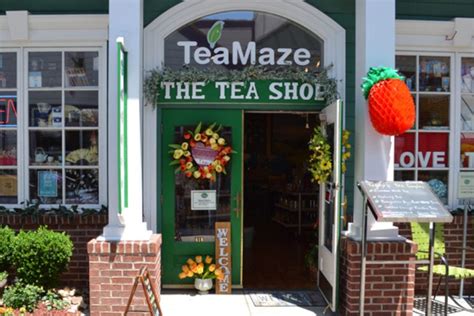
Can I make my own herbal tea?
Making your own herbal tea is a rewarding and fulfilling experience. You can create custom blends using your favorite herbs and enjoy the benefits of fresh, natural ingredients.
Start by selecting herbs that you enjoy and that have the desired health benefits. You can find fresh herbs at local farmers markets, grocery stores, or even grow your own.
Once you have your herbs, you can create a tea blend by combining them in a ratio that suits your taste preferences. Experiment with different combinations and ratios to find your perfect blend.
To make your herbal tea, simply add a few tablespoons of your herbal blend to a teapot or cup. Pour hot water over the herbs and steep for 5-10 minutes.
After steeping, strain the tea to remove any herbs or leaves. You can enjoy your homemade herbal tea hot, iced, or even as part of a smoothie or other beverage.
If you’re new to making herbal teas, there are numerous resources available online and in libraries that provide recipes and tips for creating custom blends. You can also consult with a local herbalist for guidance and support.
Making your own herbal tea is a fun and healthy way to enjoy the benefits of herbs and create a personalized experience.
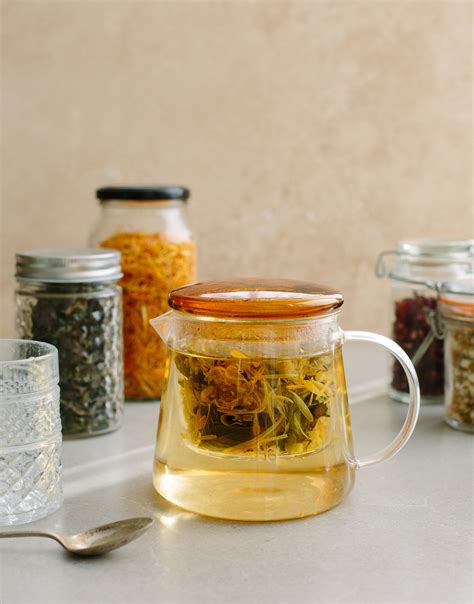
Summary of Authentic Herbal Tea
Here’s a table summarizing the information about authentic herbal tea:
| Feature | Authentic Herbal Tea | Adulterated Herbal Tea |
|---|---|---|
| Packaging | Airtight containers, clearly labeled, certifications | Unclear labeling, no certifications, cheap packaging |
| Ingredients | Natural, whole herbs, flowers, or fruits | Artificial additives, colors, or flavors |
| Scent | Natural, pleasant aroma characteristic of herbs | Artificial or overly strong scent |
| Color | Consistent with the herbs used, natural hues | Unnatural or overly bright colors, artificial dyes |
| Taste | Balanced, harmonious flavor profile | Bitter, metallic, or chemical taste |
FAQ about Authentic Herbal Tea
Here are some frequently asked questions about authentic herbal tea:
What are the potential side effects of herbal teas?
While herbal teas are generally considered safe, some herbs can have potential side effects, especially if consumed in large quantities or if you have underlying health conditions.
It’s important to consult with your doctor before consuming herbal teas, especially if you are pregnant, breastfeeding, or taking medications.
How do I store herbal tea properly?
Store herbal teas in airtight containers in a cool, dark, and dry place to preserve their freshness and prevent contamination.
Avoid storing herbal teas in direct sunlight or in humid environments.
How long can I store herbal tea?
The shelf life of herbal tea varies depending on the type of herbs used and the storage conditions.
Generally, herbal teas can be stored for 6-12 months if kept in a cool, dark, and dry place.
However, it’s always best to check the expiration date on the packaging.
Are herbal teas safe for everyone?
Herbal teas are generally considered safe for most people, but some individuals may experience adverse reactions, particularly those with allergies or sensitivities.
It’s important to be aware of potential allergens, such as pollen or nuts, which can be found in certain herbal teas. Always read the label carefully and consult with your doctor if you have any concerns.
What are the best herbal teas for sleep?
Some popular herbal teas that are known for their calming and relaxing effects and may aid in promoting restful sleep include chamomile tea, lavender tea, valerian tea, and passionflower tea.
What are the best herbal teas for digestion?
Herbal teas that can aid in digestion and relieve digestive discomfort include peppermint tea, ginger tea, fennel tea, and chamomile tea.
What are the best herbal teas for the immune system?
Herbal teas that are known for their immune-boosting properties include echinacea tea, elderberry tea, ginger tea, and garlic tea.
